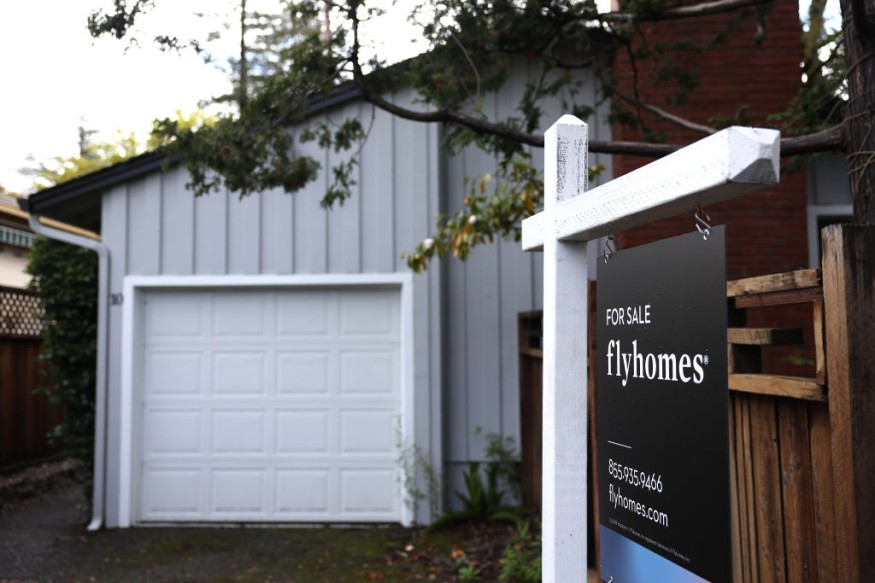
Property descriptions can make or break a home sale. Well-written property descriptions can easily hook buyers and answer important questions about the property's desirable features, brand-name appliances, and upgrades or renovations.
However, creating an enticing description for real estate listings can be overwhelming. That's why we created this guide to help you write a real estate listing description that helps sell your home.
Write an eye-catchy headline
When buyers scan listings, one of the first things they see is the headline. And because buyers tend to scan rather than read, it is important to write engaging headlines to hook them in.
When writing a headline, make sure it does not exceed more than 10 words but ensure that it is location-specific. If you're using a real estate agent, they will give you guidance on headlines that are popular in your area.
Create a descriptive opening statement
Apart from an engaging headline, the listing's opening statement should also be just as eye-catching. The opening statement should immediately answer the buyer's question, "What am I looking at?" This means it should showcase the property's unique features that you could not fit in the headline.
Some key things to highlight in the opening statement include parking, double garage, private backyard or outdoor space, mountain or lake view, its proximity to transportation, and any new renovations.
Craft a clever property description
With the headline and opening statement settled, it's time to create the listing description. When crafting a description, aim for 250 words or less, as buyers are unlikely to read a long piece of text.
When writing descriptions, include all of the home's main features and highlight details that make your home special. Some of the most important information to include in the description are:
Number of bedrooms
Number of bathrooms
Square footage
Recent renovations and upgrades
Lot size
Basement
Garage
Extra features (pool, fireplace, deck, etc.)
Remember that some listing platforms already include statistical information, such as the home's square footage and the number of bedrooms on the property. If this is the case, there is no need to repeat this information in the description.
Apart from the home's unique features, you can also add a list of incentives and special promotions, such as seller financing or a limited-time discount in the description.
Include a call to action
A call to action is a closing line in your description that encourages buyers to take the next step, which is usually to schedule a private tour. A great call to action should use action words and create a sense of urgency.
READ NEXT : 5 Benefits of Hiring a Real Estate Agent
© 2025 Realty Today All rights reserved. Do not reproduce without permission.



